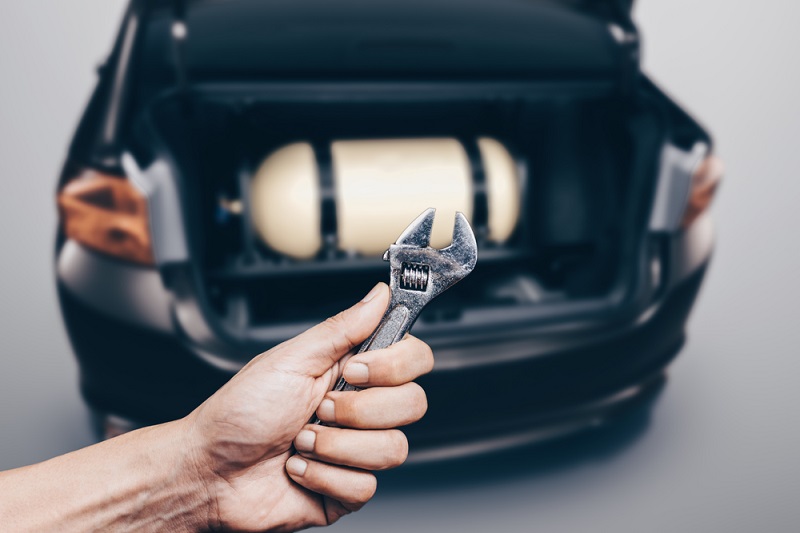What is LPG?
LPG or Liquid Petroleum Gas is an eco-friendly, clean and high octane abundant fuel which is obtained via natural gas from fractionation and via crude oil through refining. Basically, it is a mixture of propane and butane and thus this higher energy content contributes to the reduction of 10% in carbon emission. It is a gas available at a natural temperature and atmospheric pressure but can be liquefied via moderate pressure to hold large amounts of energy. This energy can be stored, packed or utilized. Being eco-friendly, LPG impacts the greenhouse at a far lesser rate compared to the total fuel cycle. In fact, LPG can save about 45-40% of fuel costs and this reason is enough to shift towards LPG services. It is used as an alternate fuel in more than 100 countries across the globe.
LPG services have rapidly advanced in the past few years as more people are switching towards its eco-friendly and cost-saving applications. It is the third most popular automotive fuel. The majority of its usage is as domestic and industrial fuel. But due to its soaring demands, it can be used as an alternative to motor fuel. Many cars are now being manufactured to be powered by LPG and customers are converting their fuels system to LPG.
Points to Consider:
- Due to high octane rating, the engine runs smoothly, and knocking is eliminated as the combustion of LPG is far smoother.
- The lubricating layer of the machine is not washed away when it leaks past the rings in the cylinder. Thus, it increases the lifespan of the engine by 50%.
- The life of the spark plugs is greatly increased as there are no carbon deposits on the electrodes of the spark plug.
- But it reduces the volumetric efficiency as it has the higher heat of vaporization.
- It is hard to detect any leakage due to its faint odor and it doesn’t respond to blending.
Many top automobile manufacturers Ford, Skoda, Toyota, Maruti Suzuki, Volvo, and Volkswagen have developed bi-fuel LPG services that run efficiently on both petrol and LPG. Other vehicles which are not equipped with this model, can easily be customized with third-party systems that enable them to switch between petrol and LPG. Companies like Cleantech, manufacture, design and engineer installation of the propane LPG gas for Ford vehicles and school buses.
Technical Aspects:
In technical terms, the LPG services use third party equipment’s to make the vehicle compatible for LPG operation if LPG system is not available in the car. If the LPG system is present in the car then the fuel is transferred to a vehicle tank connecting the browser at filling station to the filler on the vehicle.
-
ACME thread:
In this type, a threaded fitting is present onto which the nozzle of the browser is screwed before the trigger being pulled to establish a seal to the fuel transfer. It is mainly used in Germany, Australia, and the US.
-
Dutch bayonet:
It establishes a gas-proof seal by twist and pulls action. It is employed in the UK and Switzerland.
-
Italian dish:
It is mainly used in France, Poland, and Italy.
One of the other major advantages of LPG services are their reduction in carbon emission by about 10-15% and it also promotes greener and eco-friendly vehicles in the future. It possesses a high octane rating that is usually between 90 to 110 and an energy content that is the higher heating value (HHV) between 25.5 megajoules for pure propane per liter and about 28.7 megajoules per liter for that of pure butane. Its actual composition depends upon the fuel operated.
Also Read about top online lead generation companies
